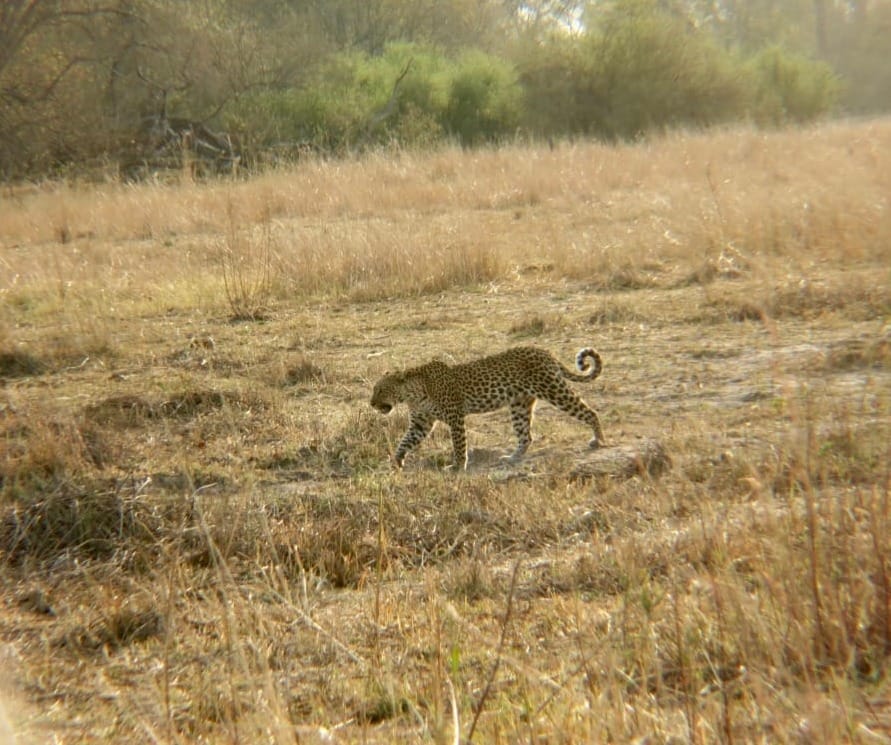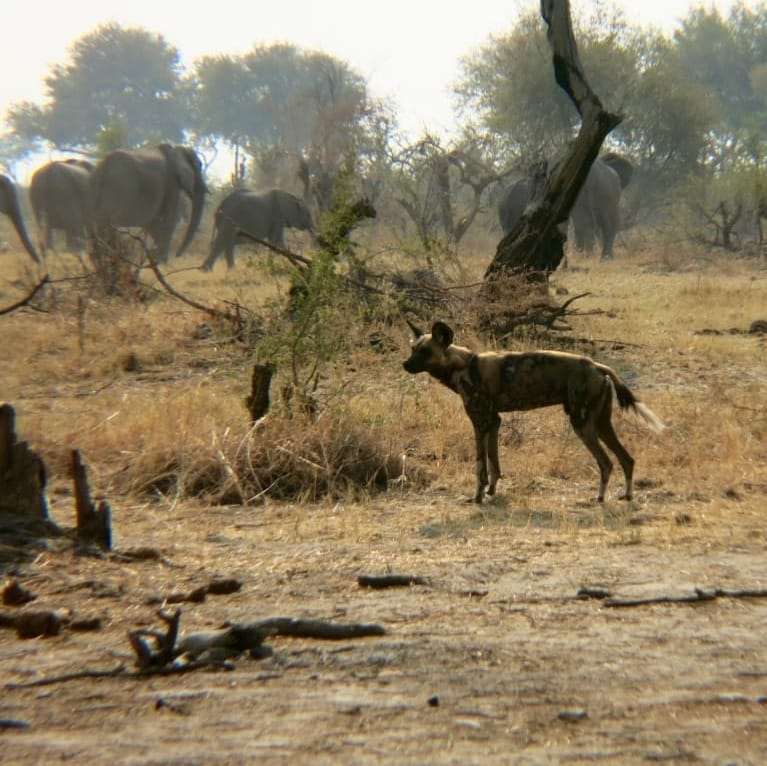Identifying Problems and a Case of Mistaken Identity
Besides hunting, on the side, Edgar was doing quite a bit of work for the Minister of Agriculture.

At his request, Edgar mapped the exact areas that were heavily infested with tsetse fly and which were clear of it.
He learned that foot and mouth disease was well known amongst the African cattle on the Portuguese side of the border. Reportedly it appeared to occur at fairly regular intervals, but in a very mild form which did not involve any deaths.
The attraction of the high rates of pay on the South Africa mines led to considerable numbers of Rhodesian volunteers crossing the border after which the Portuguese authorities entered them as their own nationals and collected the tax off the South Africans. Edgar found out who was profiting from this illegal trafficking.
The Portuguese were inclined to put anybody in prison for shooting an elephant without a license even when they pleaded self-defense. Portuguese East Africa had a large elephant population, and Edgar’s party avoided them carefully. Besides the liability, they had no elephant rifle with them. When they found themselves in country heavily infested with elephants they moved on to a new location.
Lion was another matter. They could hear them and there was plenty of spoor to be seen. Edgar found a pond two miles from the river with spoor of lion and every kind of game all round the margin. He decided to lie up there that night and try and shoot a lion; there were no trees anywhere near but there was a fairly high flat rock which gave him a good view of the pond.
When Sumajeri, Edgar's Yao manservant, heard of Edgar’s plan he said, "If the boss goes there at night the boss is a fool, the lion will come on him from behind and he will not hear it, but if he insists on going I will come too."
He did so and sat back to back with Edgar armed with his assegai and native axe. After about two hours Edgar saw a large animal creep down to the water to drink in the fitful moonlight. He took it for a leopard and aimed with great care with the help of the phosphorescent paint on the back of his foresight. He squeezed the trigger gently and saw the animal collapse. On investigation Edgar found to his disgust he had killed a wild dog! The noise of the shot of course ended the chances of getting anything else that night and they returned cold and disillusioned to camp.
Sumajeri was in his element the whole trip. If they camped two days or longer in any one place he used an abandoned ant heap or built a clay oven to produce his most excellent bread.
There was no means of obtaining more petrol so mileage on the vehicles had to be kept down to a minimum. They walked long distances to find their game. They shot a limited number of antelope, some for the pot and one or two old bulls with specially good heads for trophies, but none of them wanted any large massacre. Instead, Edgar took some fine photographs of game including one of a hippo cow and her young calf at a range of only sixteen feet for a lasting memory.
Haynes-Hill’s holiday leave was at an end. It was time to return home. They all felt it was bound to be their last holiday before the outbreak of war and had made the most of it. Hard as nails by this time they all agreed the trip had been an enormous success.

The historical novel Whitewashed Jacarandas and its sequel Full of Possibilities are both available on Amazon as paperbacks and eBooks.
These books are inspired by Diana's family's experiences in small town Southern Rhodesia after WWII.
Dr. Sunny Rubenstein and his Gentile wife, Mavourneen, along with various town characters lay bare the racial arrogance of the times, paternalistic idealism, Zionist fervor and anti-Semitism, the proper place of a wife, modernization versus hard-won ways of doing things, and treatment of endemic disease versus investment in public health. These books are a roller coaster read.
References:
- By permission, originally sourced from Sir Edgar Whitehead's Unpublished Memoirs, Rhodes House, Bodleian Library, Oxford University.
- Photo credits: Polisensky archives. (Most of Edgar's early photos were destroyed by white ants in his absence for the duration of WWII.)

